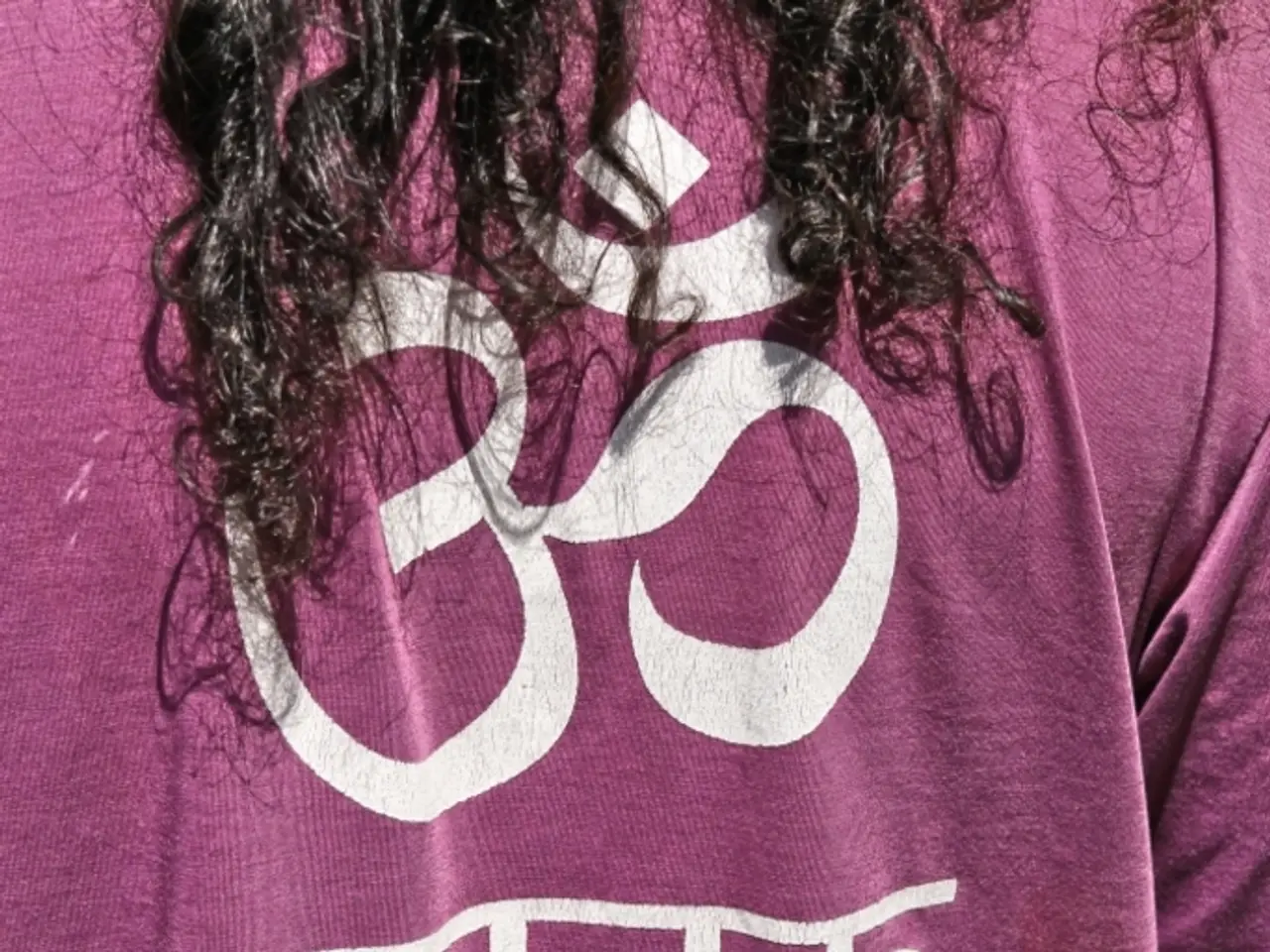Experience Rapid Improvement (Regardless of Maintaining Positive Mentality)
=========================================================================================
In this week's "Better You, Backed by Science", we delve into the fascinating world of power posing. This science-backed technique offers a unique approach to elevate your mood and energy without focusing on positive thinking.
Researchers at the University of Alaska, Anchorage, have discovered that mimicking a smile can make a person feel more positive, while mimicking a frown can have the opposite effect. This simple act of smiling is just the beginning of harnessing the power of your body to influence your emotions.
But it's not just about facial expressions. When you're feeling tired or flat, your posture is likely to be slouched, with shoulders slumped, spine floppy, face heavy, shallow breath, and maybe even a frown. By flipping this posture to an upright one, you can quickly change your mood and energy.
Straightening the spine, relaxing the shoulders, lifting the head, smiling gently with intention, moving in a self-assured way, and breathing consciously and fully can help you feel energized. The confident stance of Wonder Woman or Superman, often referred to as the power pose, can make you feel stronger and more self-assured.
The science behind this phenomenon, known as the power pose effect, is rooted in the mind-body connection. Posture sends feedback to the brain, potentially altering hormone levels and cognitive processing related to mood and energy.
Neuropsychological feedback loops play a significant role in this process. Adopting expansive, open postures can lead to feelings of power or dominance and boost confidence before stressful situations. The Yerkes-Dodson law explains that performance on tasks improves with increased arousal up to an optimal point, beyond which it declines. Power poses may raise arousal moderately, helping focus and readiness, especially for simple or well-practiced tasks.
However, it's important to note that the scientific community recognizes variability and ongoing debate regarding the magnitude and consistency of these effects. Recent evidence shows that the power pose effect may be context- and task-dependent, or that the effect size may be subtle or vary by individuals.
The link between feelings and posture/movement is bi-directional. How you move and hold your body can create your feelings. For instance, walking taller can make you feel better, and feeling good can also cause you to walk taller. Sitting up straight can make you feel more alert, and feeling alert can also cause you to sit up straight.
Intrigued? Here are three easy experiments to try this week: switch your posture, skip-walk, and set posture check alarms to train a habit of maintaining an upright posture.
In a study, 110 volunteers were asked to walk in a slouched way or to use skipping-like movements for just two minutes. The results showed that skipping-style walking significantly boosted energy levels, while slouched walking reduced energy levels. Similarly, in a study in New Zealand, researchers found that people who sat upright felt more energized and positive, even giving more confident presentations in a surprise stress test, compared to those who slouched.
When you adopt a calm posture, your body sends a signal to the brain that you are relaxed, causing the brain to adjust internal chemistry accordingly, without requiring positive thinking.
For those who want to go deeper into this topic, the author offers a YouTube video and a free weekly email subscription. Embrace the power of your body to shape your feelings and energy levels, and watch as your life transforms for the better, backed by science!
References: - Power pose research - Back taped to chair - Copying smiles or frowns - Slouching vs. skipping
Tags: bi-directional, confidence, posture, power pose, self-esteem, self-love, skip, smile, stress.
- The power pose effect, as discovered by researchers, is rooted in the mind-body connection, where posture sends feedback to the brain, potentially altering hormone levels and cognitive processing associated with both mood and energy.
- In the world of health-and-wellness and fitness-and-exercise, adopting expansive, open postures can lead to feelings of power or dominance, boosting self-esteem and self-love, as well as elevating energy levels.
- Neuropsychological feedback loops play a significant role in this process, with adopting an upright posture creating feelings of alertness and confidence, even before stressful situations, in accordance with the Yerkes-Dodson law.
- Intriguingly, the link between feelings and posture/movement is bi-directional, meaning that our movements and body positions can create our feelings—for instance, walking taller can improve self-esteem and self-love, while sitting up straight can boost alertness and mental health.




